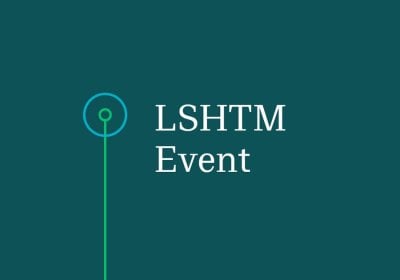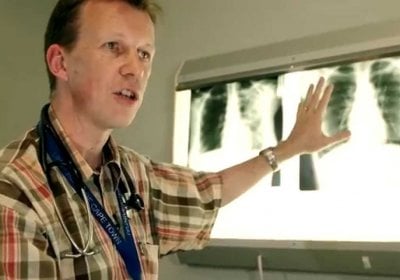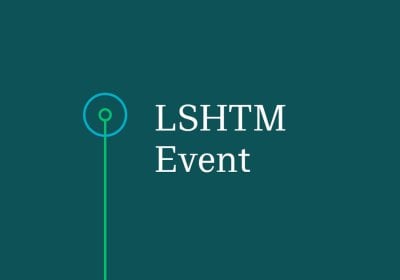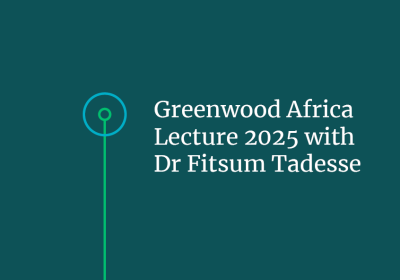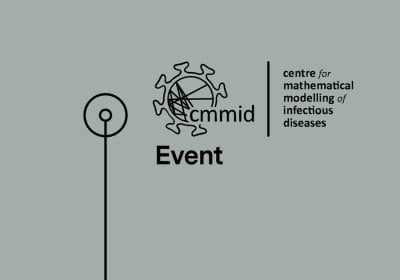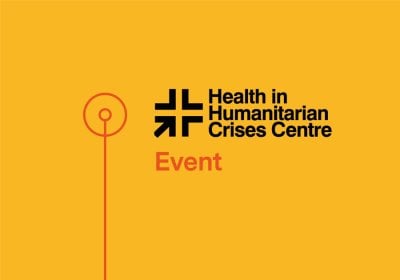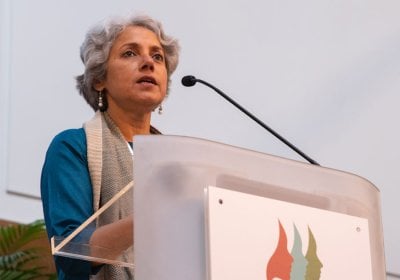Leading translational research to inform decision in the Horn of Africa at the time of convergence of malaria biological threats
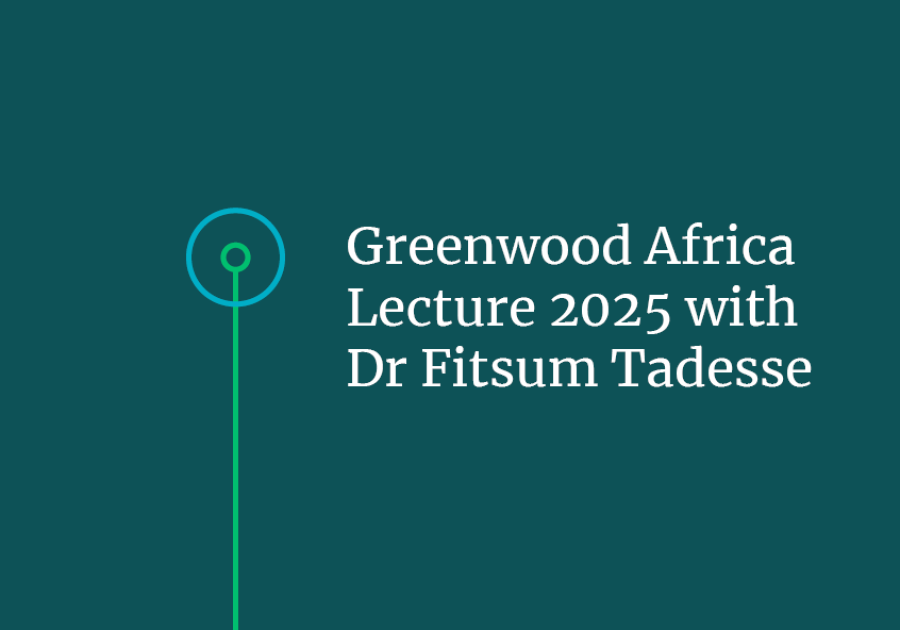
Following the renewed interest and increased investment that led to improved tools and strategies, global malaria incidence and mortality has started to decline since the beginning of the millennium. This progress can be maintained only until 2015. Africa, which bears the highest burden, remained to be the most affected. Human and environmental factors might have contributed to this change together with the emergence and expansion of biological threats. The main biological threats to malaria include insecticide resistance of malaria vectors, drug resistance of parasites, parasite gene deletions that render them undetectable by rapid tests, and invasive malaria vectors.
Uniquely, the Horn of Africa is disproportionately affected by these threats as they converge in the region. Dr. Tadesse has been leading evidence generation in the region to support informed decision-making. In his presentation, he will address the work he has led and data he supported generated in the region which resulted in a change in policy.
Speaker
Dr Fitsum Tadesse
Trained in Biochemistry in Ethiopia and Molecular Medicine in The Netherlands and Norway, Fitsum G. Tadesse obtained his PhD degree with distinction at Radboud University, The Netherlands. His studies focus on the transmission of Plasmodium parasites from humans to mosquitoes and regulatory factors. His long-term research interest rests on translational research to support informed decision-making for malaria elimination. His group recently demonstrated the high permissiveness of Anopheles stephensi mosquitoes that recently invaded the Horn of Africa. This work created a momentum among the scientific community, in major media outlets such as New York Times, CNN, and BBC, and most importantly among policy makers and the public. This culminated in drafting a five-year actionable plan for Ethiopia which he led. He supported similar efforts in neighboring countries in the region such as Djibouti.
With the ACHIDES study supported by the Gates Foundation he led a multi-site assessment of the distribution of parasites with hrp2/3 gene deletion, which were important for the decision of the Ministry of Health of Ethiopia to switch from the exclusively HRP2-based rapid diagnostic tests. In collaboration with the President’s Malaria Initiative/USAID and Gates Foundation, he has been leading clinical trials on the efficacy of antimalarials and the distribution of molecular markers of drug resistance to support elimination efforts of the country.
Considering the continuously emerging new biological threats and their unique convergence in the Horn of Africa, Dr Tadesse is currently leading a consortium project that involves Ethiopia, Sudan and Djibouti at the Armauer Hansen Research Institute in Ethiopia. He is a recipient of the Wellcome Trust Early Career Fellowship at LSHTM. Dr Tadesse received the Alan J. Magill Fellowship from the American Society of Tropical Medicine and Hygiene in 2022, the Societal Impact Award from Radboud Institute for Health Sciences in 2021, and Rising Star, Grand Challenges from the Gates Foundation in 2019.
The Greenwood Africa Award
Dr Fitsm Tadesse is the recipient of the 2025 Greenwood Africa Award. The award will be conferred at LSHTM’s Graduation Ceremony on 26 February 2025.
Event notices
- Please note that you can join this event in person or you can join the session remotely.
- Please note that the recording link will be listed on this page when available.
Admission
Contact

